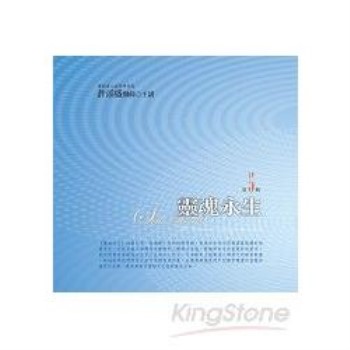This two-volume set revisits the nature of nouns and verbs and linguistic categories in Chinese to unravel the different relationships between nouns and verbs in Chinese, English and other languages.
The study seeks to break free from the shackles of Western linguistic paradigms, which are largely based on Indo-European languages and to a great extent inappropriate for Chinese. To this end, the author proposes the verbs-as-nouns theory that sheds new light on the nature of Chinese grammar. The first volume focuses on word classes and nominalization, as well as problems with the analysis of Chinese grammar due to the traditional noun-verb opposition. It also examines the differences between Chinese and English, the referential and predicative nature of nouns and verbs, the asymmetry of the two, and the referentiality of predicates in Chinese. The second volume delves into distinctive aspects of the Chinese word class system, including complements and adverbials in Chinese, the typology and evolution of word classes, indicative and non-indicative negation, monosyllabic and disyllabic combinations, and the phenomenon of markedness reversal.
These volumes are essential reading for linguists and students studying Chinese linguistics, Chinese grammar, and contrastive linguistics.
| FindBook |
有 1 項符合
Nouns and Verbs in Chinese的圖書 |
 |
Nouns and Verbs in Chinese 作者:Shen Jiaxuan 出版社:CRC Press 出版日期:2024-05-29 語言:英文 規格:精裝 / 520頁 / 15.6 x 23.4 x 7.28 cm / 普通級/ 全彩印刷 / 初版 |
| 圖書館借閱 |
| 國家圖書館 | 全國圖書書目資訊網 | 國立公共資訊圖書館 | 電子書服務平台 | MetaCat 跨館整合查詢 |
| 臺北市立圖書館 | 新北市立圖書館 | 基隆市公共圖書館 | 桃園市立圖書館 | 新竹縣公共圖書館 |
| 苗栗縣立圖書館 | 臺中市立圖書館 | 彰化縣公共圖書館 | 南投縣文化局 | 雲林縣公共圖書館 |
| 嘉義縣圖書館 | 臺南市立圖書館 | 高雄市立圖書館 | 屏東縣公共圖書館 | 宜蘭縣公共圖書館 |
| 花蓮縣文化局 | 臺東縣文化處 |
|
|
圖書介紹 - 資料來源:博客來 評分:
圖書名稱:Nouns and Verbs in Chinese
內容簡介
|










